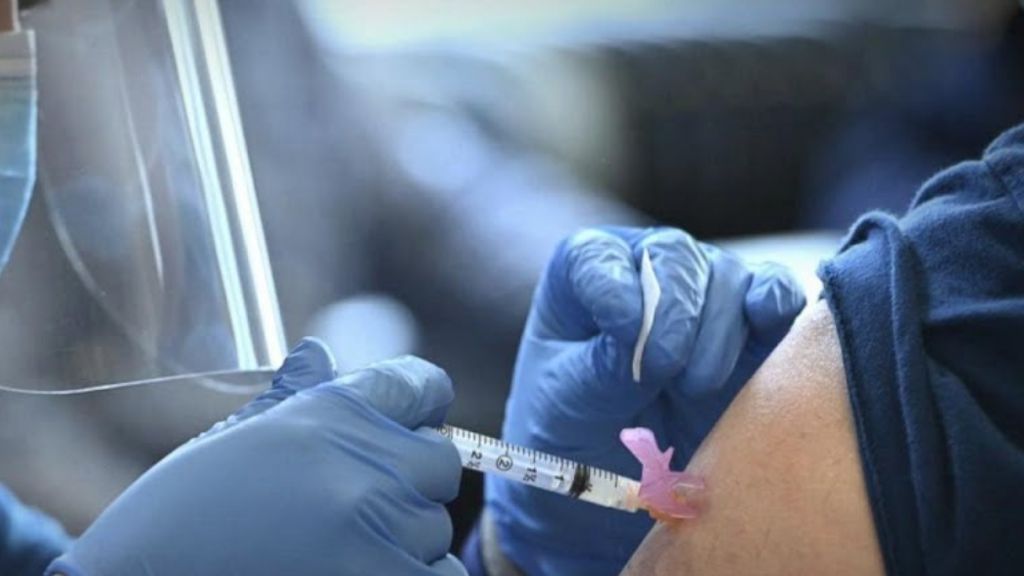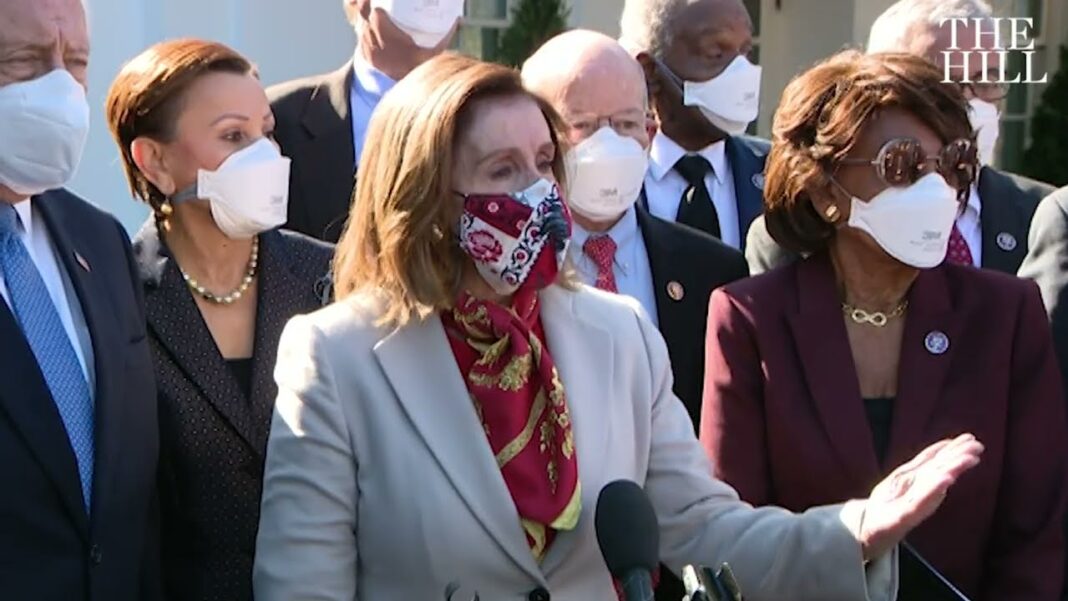The effectiveness of the three COVID-19 vaccines dropped significantly over the course of 10 weeks this summer when the Delta variant exploded to become the dominant strain of the CCP virus, according to a preprint study (pdf).
Scientists from the New York State Department of Health and the University at Albany School of Public Health studied the vaccination, testing, and hospitalization records of more than 8.8 million New Yorkers for the period between May 1 and July 10 this summer.
The analysis found that effectiveness dropped the sharpest for those under the age of 50.
The greatest decline in vaccine effectiveness occurred for the Pfizer-BioNTech shot, with a decline of 24.6 percent for people aged 49 and under, 19.1 percent for those 50 to 64 years old, and 14.1 percent for people 65 and over.
Effectiveness for the Moderna and Janssen vaccines likewise dropped, although less so than the Pfizer shot. Moderna effectiveness dropped 18 percent, 11.6 percent, and 9.0 percent for those under 50, those aged 50 to 64. and people 65 and over respectively. The effectiveness of the Janssen shot dropped 19.2 percent, 10.8 percent, and 10.9 percent for the same respective age groups.
The drop in effectiveness for all three vaccines occurred as the Delta variant of the CCP virus grew in prevalence from 1.8 percent on May 1 to over 85 percent on July 10. The CCP (Chinese Communist Party) virus, commonly known as the novel coronavirus, is the pathogen that causes COVID-19.
“Our results provide evidence of immunity loss associated with time since completion of vaccination,” the study says. “Irrespective of the cause or propensity for continued declines in [vaccine effectiveness], our findings have important implications for national vaccine policy. Pfizer-BioNTech booster doses have been demonstrated safe and to increase short-term protection against the Delta variant. Our findings align with the CDC recommendation for Pfizer-BioNTech boosters in persons [over] 65 years [old].”







